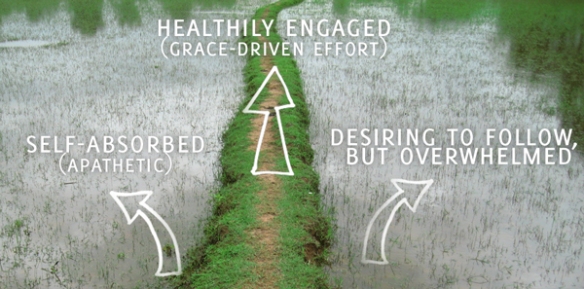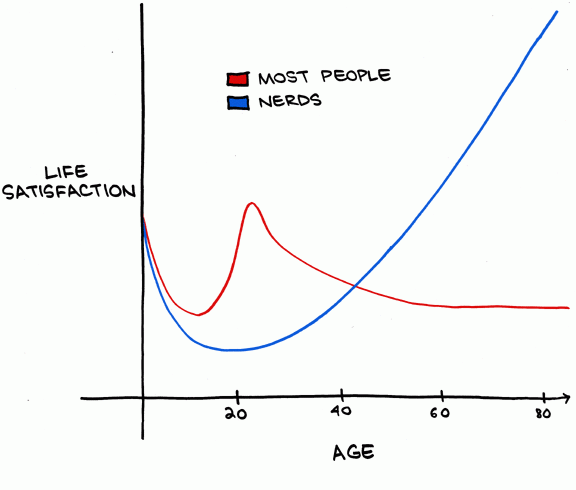It may be helpful to take a step back and realize what that “X” stands for.

X marks the spot where God’s glory was revealed, on the cross. Every time I see Xmas I think of the Cross. More to the grammatical point, X is the Greek letter Chi, which is the first letter for Christos, which is Jesus’ title: He is the Christ, the Messiah, the Savior of the world. He’s the true human, the God-Man who came to rescue us from sin, death and Satan (and ourselves). It seems that many of us need rescuing from ourselves even more now.
I’m not sure there really is a culture war over “X” instead of “Christ.” It’s the other instead-of’s that we need to war against: those idols that steal our joy and captivate us from fully following Christ. What is ultimate to you? What do you build your life upon?
While about 20% celebrate Christmas (or Xmas) as a secular holiday, I wonder if the key is to bring the Gospel back in the forefront for the 3/4 of us who claim Christmas as a religious event.
- Who is Jesus?
- Why did He come?
- What does it mean to follow Him?
Jesus is the Good News. He brings us the resources to look past ourselves, not be offended by those who do not know God, and to respond with compassion and grace — and in creative ways in keeping with our being made in the image of God. Americans know why we Christians are outraged at the X instead of Christ. Do they also know why we think Jesus is a big deal? Do they see His life portrayed through ours? Do we make them want to know what the X is all about?
To broaden the discussion, I find that having a shared season of “Happy Holidays” is a great antidote to the otherwise break-neck pace of our culture.
If Jesus is special grace (John 1:14-16), then the pause in American society of this week and next is common grace. Most people have time off, get to be with family, and are simply nicer to be around. Even with “Happy Holidays” and “Xmas,” it’s like we all have a headstart on conversations. Those terms may not be a simple pathway to getting my views heard, but it is an easy pathway to valuing people, slowing down, asking questions, and even challenging assumptions.
People generally don’t care about my personal relationship with Jesus. They do care how my life reflects Him.
Because of the Cross and who Christ is, I say keep the X in Xmas.
————
For a little background on how X represents Christ, we can quote R.C. Sproul:
“The idea of X as an abbreviation for the name of Christ came into use in our culture with no intent to show any disrespect for Jesus. The church has used the symbol of the fish historically because it is an acronym. Fish in Greek (ichthus) involved the use of the first letters for the Greek phrase “Jesus Christ, Son of God, Savior.” So the early Christians would take the first letter of those words and put those letters together to spell the Greek word for fish. That’s how the symbol of the fish became the universal symbol of Christendom. There’s a long and sacred history of the use of X to symbolize the name of Christ, and from its origin, it has meant no disrespect.”
- Read Sproul’s whole explanation.
- Separate article on InternetMonk: “Why I Don’t Participate in the Christmas Wars“
—
Image credit: “In the key of X” by Miskan
Re-post: originally written 23 Dec 2009 at deTheos.com.




 What is the greatest threat to the spread of Christianity on the planet?
What is the greatest threat to the spread of Christianity on the planet?
